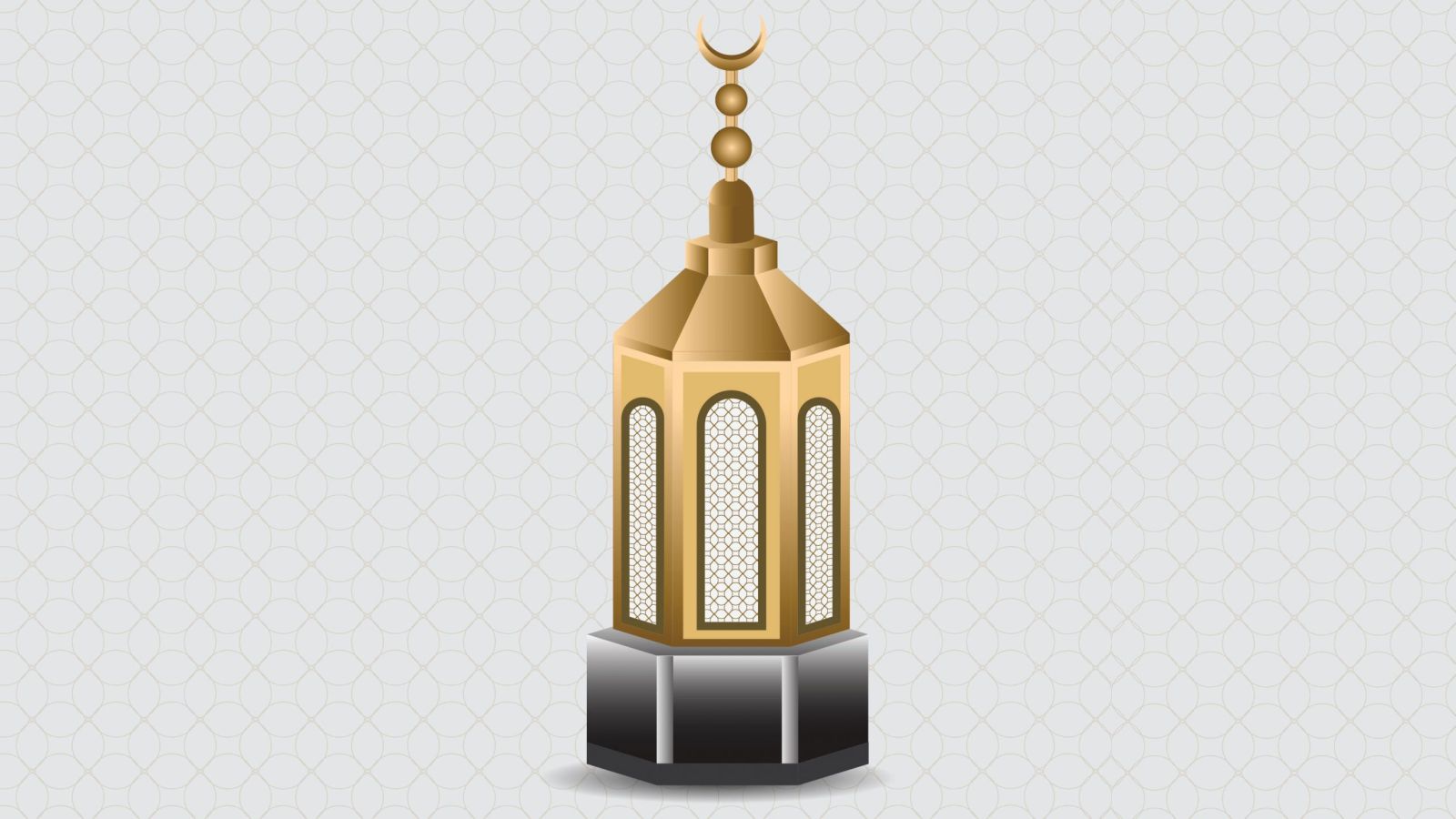The Natural Obligation of Following the Salaf al-Ṣaliḥ (First Three Generations) and the Assured Misguidance of Following other Paths
Imām Ibn Qudāmah al-Maqdisī


Imām Muwaffaq al-Dīn Ibn Qudāmah al-Maqdisī (d. 620 AH) said:
The obligation of following the pious predecessors—may Allāh have mercy on all of them—has been confirmed in the Book of Allāh, the Sunnah, and by ijmāʿ (scholarly consensus). Furthermore, rationality itself lends credence to this. As the pious predecessors have either adopted that which is correct or they have not. If they are correct, then following them is obligatory. This is because adoption of the truth is obligatory and attaching oneself to a creed riddled with mistakes is impermissible. If they have adopted the truth, then they are on the straight path. Therefore, anyone who opposes them is a follower of the path of Satan—guiding others to be among the companions of the raging Fire. Indeed, Allāh has ordered us to follow His way and His path and has forbidden us to follow other than it. He said:
وَأَنَّ هَٰذَا صِرَاطِي مُسْتَقِيمًا فَاتَّبِعُوهُ ۖ وَلَا تَتَّبِعُوا السُّبُلَ فَتَفَرَّقَ بِكُمْ عَن سَبِيلِهِ ۚ ذَٰلِكُمْ وَصَّاكُم بِهِ لَعَلَّكُمْ تَتَّقُونَ
“And verily, this (i.e., Allāh’s Commandments mentioned in the above two Verses 151 and 152) is my Straight Path, so follow it, and follow not (other) paths, for they will separate you away from His Path. This He has ordained for you that you may become Al-Muttaqūn (the pious).”
(al-Anʿām, 6:153)
If someone was to allege that they are mistaken [in the creed they have united upon], then he has indeed criticised Islām in its entirety. This is because if it is plausible for them to have mistakes in their creed, then it would be similarly plausible for them to possess mistakes in the other matters besides it [that they have narrated which the Muslims base their entire religion upon] which would be included in the religion of Islām as a whole. Therefore, it would have been unbefitting of them to deliver the narrations they narrated. In which case, the miracles of the Prophet (صلى الله عليه وسلم) which they have narrated would be effectively left unverified. The narration of aḥādīth in its entirety would then be completely false and this sharīʿah would cease to exist. It is impermissible for any Muslim to make such a claim, nor to hold it as a valid creed.
For example, the pious predecessors—may Allāh have mercy on all of them—either were aware of false interpretations of Allāh’s attributes or they were unaware. If they were unaware, what avenue would facilitate our awareness of these errors? If they knew about it but chose to be silent regarding it, then it would similarly be obligatory for us to remain silent likewise. [The erroneous claim against them of falsely interpreting Allāh’s attributes] would also mean that the Prophet (صلى الله عليه وسلم) himself was from among our pious predecessors who kept silent regarding the true interpretation of the verses and narrations that pertain to the attributes of Allāh. Even though he (صلى الله عليه وسلم) is the very personification of Allāh’s evidence against His entire creation. For it has been obligated upon the entire creation to follow him just as it has been made impermissible for them to oppose him. As Allāh has testified that he (صلى الله عليه وسلم) is on the straight path, that he guides to it, and that the ones who follow him are beloved to Allāh just as the ones who disobeys him have disobeyed Allāh:
وَمَن يَعْصِ اللَّهَ وَرَسُولَهُ فَقَدْ ضَلَّ ضَلَالًا مُّبِينًا
“And whoever disobeys Allāh and His Messenger, he has indeed strayed in a plain error.”
(al-Aḥzāb, 33:36)
وَمَن يَعْصِ اللَّهَ وَرَسُولَهُ وَيَتَعَدَّ حُدُودَهُ يُدْخِلْهُ نَارًا خَالِدًا فِيهَا وَلَهُ عَذَابٌ مُّهِينٌ
“And whosoever disobeys Allāh and His Messenger (Muḥammad (صلى الله عليه وسلم)), and transgresses His limits, He will cast him into the Fire, to abide therein; and he shall have a disgraceful torment.”
(al-Nisāʾ, 4:14)
Source: Dhamm al-Taʾwīl: 33-34
Translated by: Riyāḍ al-Kanadī

















